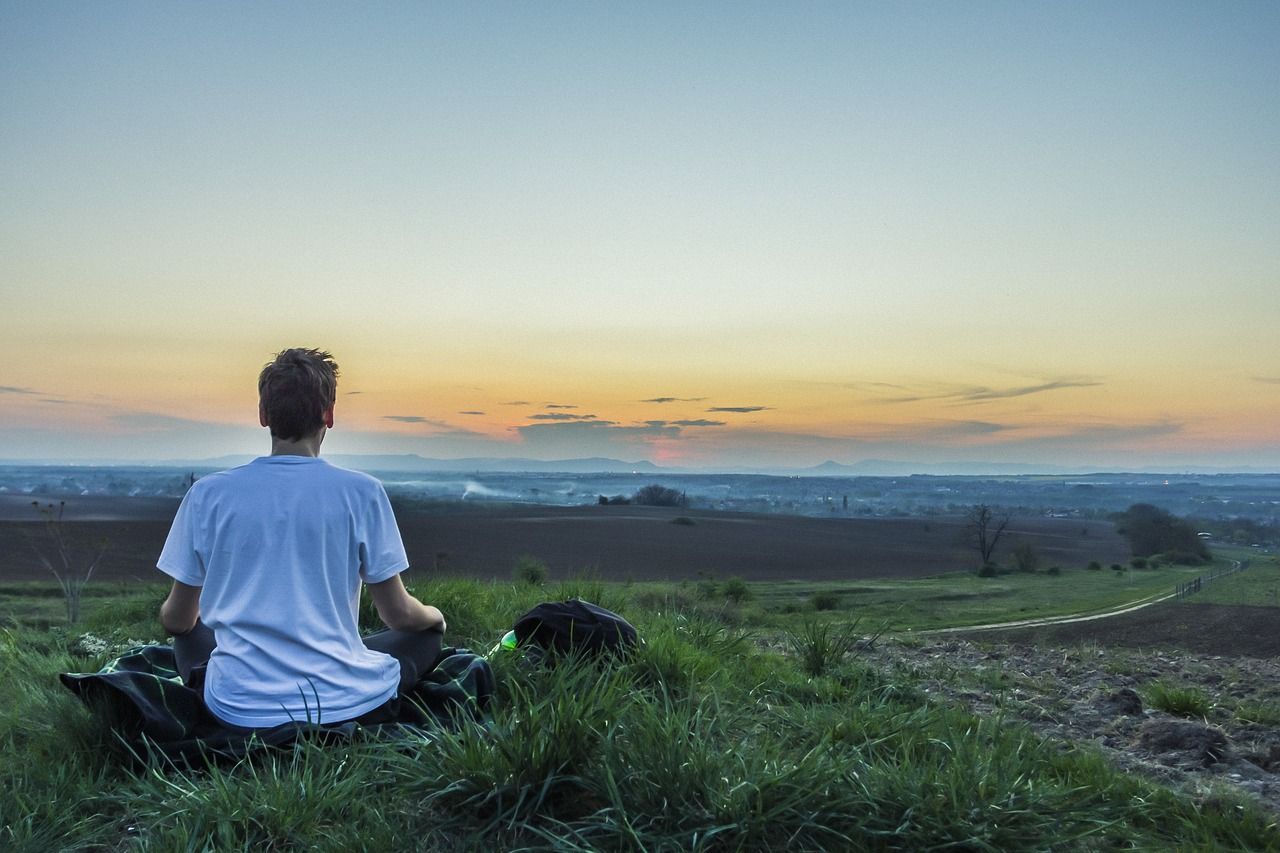
Mental Health During A Crisis
I heard someone describe this COVID-19 crisis in an interesting way: With other natural disasters, things generally happen in a big dramatic fashion and are over rather quickly (this isn't to say the aftermath isn't any less devastating), but for this virus and our community, it is the constant doom and dread of what is still yet to come.
We are a society of instants: Instagram, Instacart, instant gratification, Instant Po, etc. This is extremely hard on nearly everyone in this state and community because of the timeline we are having to make drastic changes to our lives. It is COMPLETELY normal to experience some stress related to this change. All changes, either for good or for bad create stress in most people. During this pandemic, while good and conscientious citizens do their best to maintain social distancing, there are still plenty of healthy coping skills we can utilize. Stress usually causes a spike in cortisol and during extreme periods, peaks of epinephrine and glucose and many other hormones are increased in our brains. Our body responds to these changes appropriately (eyes dilate, heart rate increases, breathing rate increases, etc.). One way to manage lower levels of stress is to teach our body how to control these responses.
Mindfulness is an important technique and usually starts with being aware of our breathing. Any breathing exercises, or activities like yoga or stretching, can help us focus on our body's ability to control some of these responses.
More vigorous exercise is also strongly encouraged, as it reminds our body how increase in heart rate and breathing can be a natural and healthy thing for us to experience (It can mimic some symptoms of a panic attack, but allows the person to experience it in a safe and "controlled" setting, thereby helping the person experience a type of exposure therapy.). My own children have found different online dance games, and enjoy the activity--which is fun and also great exercise.
Low impact or high, it remains vitally important for everyone to get forms of exercise in, whether that be through virtual platforms and games, or for actual walks, jogs, biking activities down the driveway or street.
In addition to the physical coping of stress, there are important "intellectual" ways to manage high stress as well. Distraction techniques like listening to a favorite soundtrack, classical music, or reading a favorite old novel can all be enjoyable ways to escape. Playing an old instrument, getting out the drawing paper, pencils and brushes are wonderful ways to put your own current feelings into something you can see and touch. Using all our senses becomes much more doable during these hours of "downtime".
Try to manage your stress during this time with what you can control. Find ways to turn something negative into a positive. Be mindful, move your body, and exercise your mind. These are all ways to manage the negative effects of any change, so be in the moment and take this time to reset.
Dr. Kindrick is the Assistant Medical Director at the Center for Psychiatric Wellness
